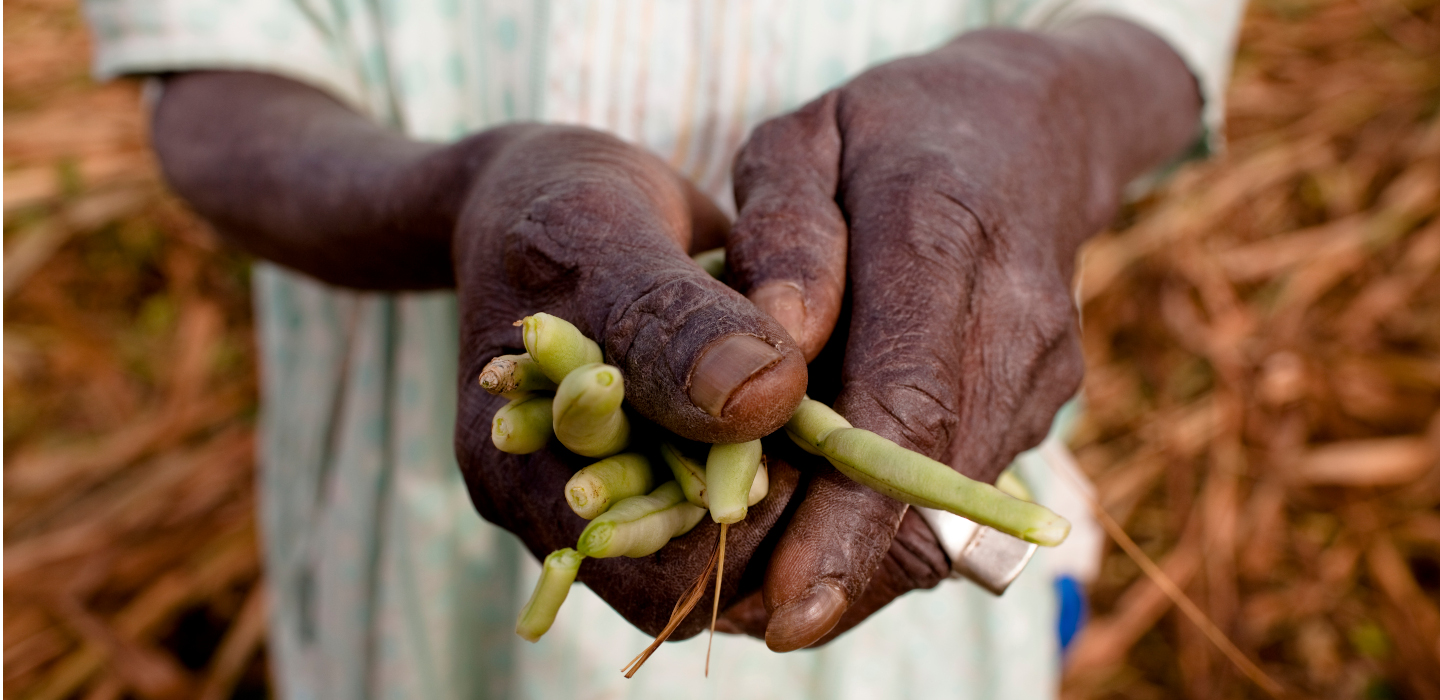Mitigating the impact of COVID-19 on small-scale agriculture in The Gambia
IFAD Asset Request Portlet
ناشر الأصول
Mitigating the impact of COVID-19 on small-scale agriculture in The Gambia
المقدر للقراءة دقيقة 5
The COVID-19 pandemic has shown us just how vulnerable agricultural value chains are to external shocks – and how much more we need to do to build the sector’s resilience. Beyond its impact on human health, COVID-19 is disrupting an interconnected world economy through abrupt falls in commodity prices, fiscal revenues, foreign exchange receipts and foreign financial flows, as well as through travel restrictions, declining tourism and frozen labour markets.
Questions about the sustainability of investments in rural and agricultural development over the past decade are therefore particularly pertinent today. In the absence of appropriate support mechanisms, gains from these investments may be completely eroded in a short time. This is especially true in contexts like The Gambia, where poor rural dwellers’ livelihoods are especially sensitive to a range of internal and external economic factors.
COVID-19: A real threat to The Gambia’s rural people
Given the very high infection and transmission rates of COVID-19, the Government of The Gambia has taken extraordinary measures to combat the spread of the disease. Among these, the closure of local weekly markets (lumos) is particularly devastating for small-scale farmers. Various rice and vegetable farmers’ organizations have already reported difficulties in buying and selling because of lumos closures across the country.
“We are not even sure whether we will have farm inputs this year,” says Hawa Jagne, President of the Boiram Farmers cooperative.
The effects of the pandemic are also exacerbating long-standing challenges to The Gambia’s food security. Yields of staple cereal crops have been declining steadily for the past 10 years compared to the rest of West Africa, resulting in increasingly heavy reliance on food imports. Now, with heightened potential for food crises, the lives and livelihoods of much of The Gambia’s rural population are in danger.
Many migrant workers have also lost their jobs. While this has already led to economic disruption in many places across the globe, it has particularly severe consequences in The Gambia, where remittance flows contribute substantially to economic growth (15.3 per cent of GDP) and to the capacity of households to meet food requirements and other essential needs. Some 60 per cent of The Gambia’s rural population relies on remittances. Any decrease or elimination of remittance flows will therefore negatively affect food security.
While the COVID-19 pandemic is exacerbating risks for the entire rural population, the impact will undoubtedly be particularly severe on the livelihoods of women. Like many rural women, Gambian women are largely dependent on the informal economy and the agribusiness sector. Shocks affecting these sectors could spell a drastic decrease (or absence) of the income that is critical for maintaining their families’ food and health needs.
Building the resilience of small-scale farmers in The Gambia
To date, IFAD has supported 11 rural development projects in The Gambia, reaching nearly 200,000 rural Gambian households in total. Just before COVID-19 struck, we completed the 7-year National Agricultural Land and Water Management Development Project (NEMA). The project focused on several areas that are now being challenged by COVID-19: local ownership, access to markets, resilience and sustainability.
IFAD, as the lead donor partner in the development of The Gambia’s agricultural sector, has also begun providing further emergency support to prevent and contain the pandemic in the country. We have recently repurposed our investments by applying the balance of the NEMA project funds, about US$940,000, to purchase seed, fertilizer, and sanitary kits (including items like masks) for these farmers.
To help small-scale farmers across the world prevent a rural food crisis in the wake of COVID-19, IFAD has also recently launched a Rural Poor Stimulus Facility. As most of the Gambian farmers we have assisted to date would qualify for assistance under this fund, it may be in a position to support The Gambia’s efforts to offset the devastating effects of the pandemic.
The situation in The Gambia continues to evolve. In the meantime, IFAD is ready, as ever, to support its small-scale farmers.
Learn more about IFAD’s work in The Gambia.
Read more about IFAD’s response to COVID-19.
تاريخ النشر: 28 مايو 2020